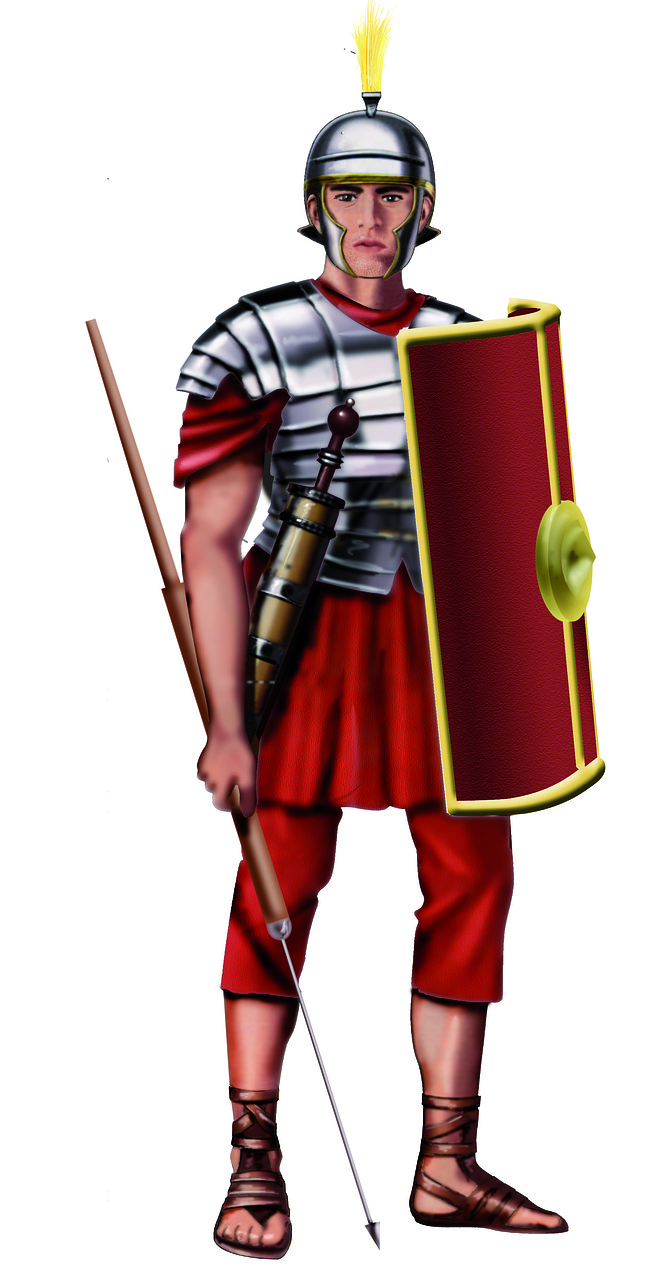Roman Religion: Beliefs, Practices, and Historical Insights
Roman religion, also referred to as Roman mythology, encapsulates the beliefs and practices of the inhabitants of the Italian peninsula from ancient times until Christianity’s rise in the 4th century CE. This era, known as Classical antiquity, showcases a rich tapestry of religious thought. Cicero, a prominent orator and politician, once argued that the Romans excelled in a unique wisdom, acknowledging that all aspects of life were governed by the divine will. Unlike many religious traditions that emphasize divine grace, Roman religion was anchored in a sense of mutual trust (fides) between the gods and humanity.
The primary aim of Roman religious practices was to secure the cooperation and goodwill of the deities (pax deorum). Romans believed that divine assistance would empower them to manage the mysterious forces that created feelings of awe and fear (religio), enabling them to navigate life successfully. This belief system led to the establishment of a set of guidelines known as jus divinum, outlining religious duties and rituals. For a significant time, these guidelines were devoid of a moral compass and largely focused solely on the proper execution of rituals. Roman traditions emphasized ceremonial acts, attributing them with the utmost importance akin to patriotism.
The meticulous nature of Roman rites can be characterized as obsessively conservative. While the religious practices grew more complex over time, traces of early thought can still be found, a sharp contrast to Greek religion, where remnants of primitive beliefs are often deeply hidden. The Greeks had already begun to delve into sophisticated notions of divinity by the time they started recording their religious beliefs, whereas Romans tended towards a more orderly and legalistic approach, retaining many of their age-old customs.
Notably, the Romans lacked the Greek penchant for anthropomorphizing their gods or developing rich mythological narratives. In reality, authentic Roman mythology is limited. Discoveries from the 20th century, particularly in Etruria, indicate that while the Italic peoples were not completely devoid of mythological thought, their mythos remained sparse and often borrowed concepts from Greek mythology to embellish their own nationalistic or familial tales. Moreover, Roman religion lacked a formal creed, allowing individuals the freedom to conceive the nature of the divine as they wished, with emotional expressions frequently viewed as inappropriate during worship.
Despite the deep-rooted customs, reconstructing the history and development of Roman religion presents challenges. The primary literary sources from figures like Varro and Verrius Flaccus, who penned their works centuries after Rome’s founding, often blur the line between fact and interpretation. Their writings coincided with the influence of Greek traditions that romanticized the Roman past. To gain further insights, scholars study religious calendars and inscriptions while also relying on valuable but often enigmatic materials found on coins, medallions, and artistic creations.
Early Roman Religion
The evidence for early Roman religion primarily stems from archaeological discoveries, which provide glimpses into ancient practices but lack the comprehensiveness needed for a full reconstruction. It suggests that the inhabitants of the Italian peninsula, specifically the Latins and Sabines, settled in Rome around the 1st millennium BCE. The merging of these communities around 620 BCE eventually led to the establishment of the Forum Romanum as a central hub for meetings and markets.
The Deification of Functions
Early Romans, similar to other Italian tribes, exhibited a belief system that saw divine forces manifesting through various aspects of life. This included human activities such as childbirth and in natural phenomena like the sun’s movements and seasonal changes. The respect accorded to these functional deities showcased a kind of religious pluralism, as Romans identified countless divine powers associated with different life phases. Each deity’s function was distinctly defined, and invoking them correctly was crucial for receiving their attention. If their names were unknown, Romans often resorted to ensuring inclusivity by referring to the divinity as “unknown” or utilizing generic phrases to cover all possibilities.
This intricate network of beliefs formed the foundation of Roman religion, illustrating an understanding of the divine that was intimately linked to everyday life and practical actions.



